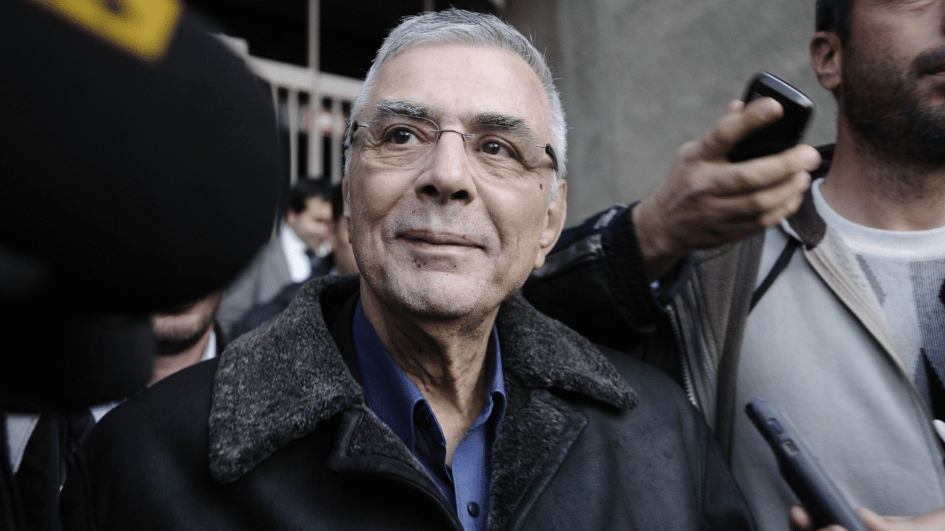Former senior MİT member dies, leaves behind pile of secrets
ISTANBUL

Mehmet Eymür, the former head of the National Intelligence Organization's (MİT) Counterterrorism Department, has lost his life at the age of 81, leaving behind a career marked by numerous question marks and secrets in the Turkish political landscape.
Suffered from chronic obstructive pulmonary disease (COPD), Parkinson's and dementia, Eymür was admitted to a hospital in Istanbul’s Başakşehir district on Dec. 13, 2023, and had been undergoing intensive care treatment since Dec. 15. Due to his deteriorating condition, he was intubated.
Local media announced that he died on Jan. 13 at 8:55 a.m., describing his demise as a departure marked by the veiled curtain of his unrevealed secrets.
Throughout his life, Eymür remained a prominent figure with his disclosures and accusations regarding a large number of key events in Turkish political history. With insights believed to involve crucial political figures, Eymür consistently found a substantial place in the spotlight.
Notably, his father had served as a high-ranking intelligence official at the National Security Service (MEH) that would later transform into MİT.
Eymür, born into the intelligence environment in Istanbul in 1943, at a time when his father held a significant position in the intelligence unit MEH, joined MİT at the age of 23 in 1966. Despite the prevailing trend of selecting individuals with military backgrounds, MİT Director Fuat Doğu at the time created ample space for young individuals without a military past. Eymür, surrounded by his father's former students and colleagues, climbed the ranks within the organization.
In 1971, during the revelation of a socialist-inclined "coup" planning and the subsequent announcement of a manifesto by right-leaning generals on March 12, 1971, Eymür played a role in the operations that thwarted this coup.
Following the events, he was often associated with the torture allegations during interrogations at that time.
Undoubtedly, one of Eymür's most significant marks left on Turkish political history was the compelling allegations about the nexus between the police, mafia and politicians in the MİT reports he prepared.
Eymür also exposed the network of relationships behind the 1996 Susurluk scandal, another leg of the deep ties between the government, police and mafia, which surfaced with a traffic accident.
These reports played a crucial role in shaping the country's agenda, making him a key actor in the prolonged discourse surrounding the concept of the "deep state." After writing the initial report, he had to leave MİT in 1988, only to return in 1994. He established the Special Intelligence Department, which later became the counterterrorism unit he would lead it. Between 1994 and 1996, he worked on operations related to the capture or elimination of Abdullah Öcalan, the terrorist group PKK’s leader, who was caught and jailed in 1999.
In his post-intelligence career, Eymür authored books, gave interviews and established a website for publications. He perpetually assumed the role of an accuser, always entwined in the center or periphery of complex and murky events.
















